Wellington or Blucher? Who defeated Napoleon
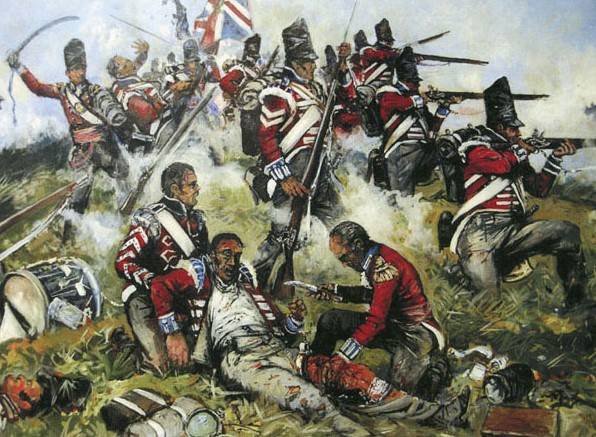
12 failures by Napoleon Bonaparte. Two centuries after Waterloo and the final collapse of Napoleonic France, the debate does not stop, to whom does the main merit in the common victory belongs. In a series of publications "Military Review" (“Waterloo. Point of no return ") noted a very special strategic role played by the Russian emperor Alexander I in overthrowing the Corsican upstart. And the author is not going to refute the fact that British capital was behind him.
The last to defeat the French emperor on the battlefield were Gebhard Leberecht von Blucher, 73-year-old Prussian field marshal and Napoleon's 46-year-old 1st Duke Wellington, British field marshal Arthur Wellesley.
Prussian Junker and Eton graduate
Fate would like that at the beginning of the battle that decided the fate of Napoleon, it was the British who opposed it under the command of General Arthur Wellesley, who had recently received the title of Duke of Wellington. This was a refined, albeit poor, aristocrat who was born in Ireland, did not differ in special talents and, with a sin, he graduated from Eton College in half. Then for many years he fought in the Pyrenees, but Napoleon scornfully called Wellington a Sipai general.
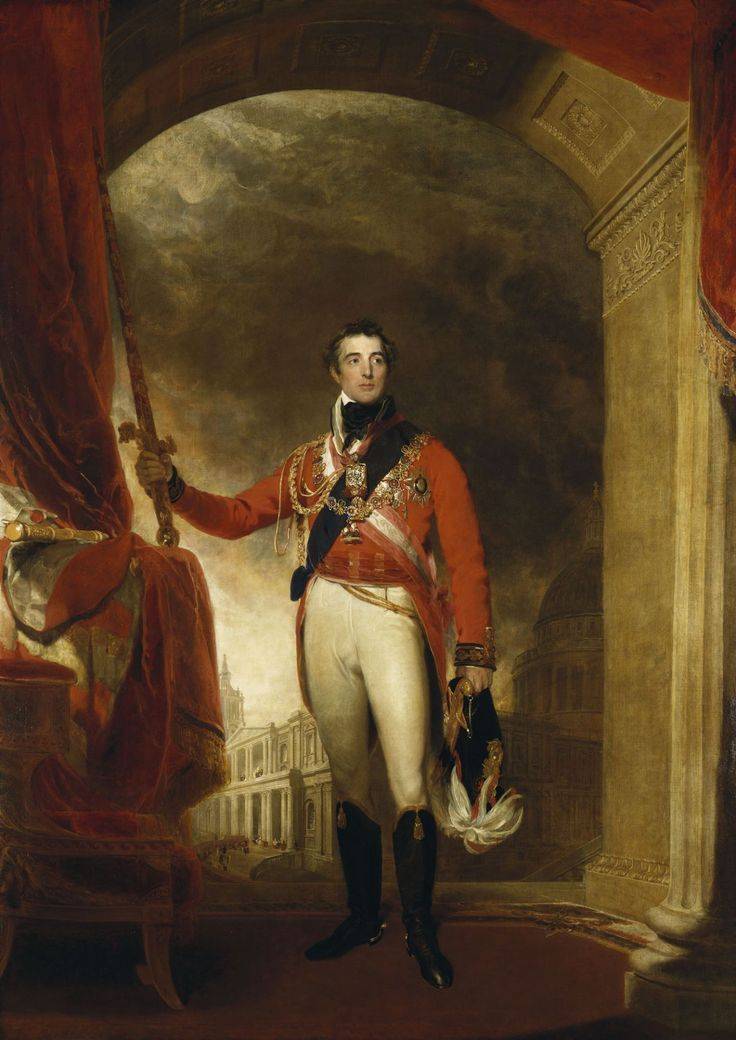
This is understandable, because his last opponent was one of many who conquered India, it is not clear why the French emperor forgot his brilliant victories in Egypt and Palestine. However, Wellington, who had repeatedly pounded Napoleon’s marshals in the Pyrenees, was indeed literally a step away from defeat, even defeat, near Waterloo, and his soldiers managed to survive not least because they knew that the Prussians would not abandon them.
However, even with the Prussians the British could be defeated, but it was Gebhard Leberecht von Blucher who did everything to prevent this from happening. Blucher, originally from a quiet suburb of Rostock in Pomerania, which recently moved away from Sweden to Prussia, was also an aristocrat, also not the richest. He did not choose a military career at all for the sake of earning, although he even had to engage in the Swedish army and fight against the Prussian forces in the Seven Years War.
However, the continuous wars waged on the old continent by the Prussian king Frederick II, provided Blucher with excellent opportunities for promotion. That is what he, who was captured by the Prussians, clearly explained to a distant relative - the Prussian colonel von Belling. It cannot be said that Blucher made good use of such opportunities - in a not very high officer rank, the king dismissed the obstinate and not recognizing drill oranges, saying that "captain Blucher can get the hell out of it."
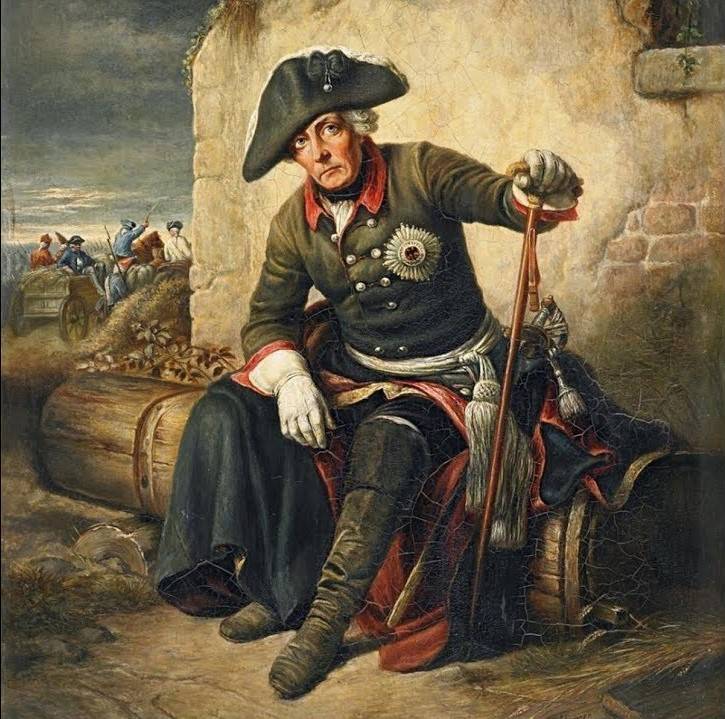
Frederick the Great would know whom he sent "to hell"
If it were not for the age difference, the careers of the two generals, English and Prussian, could well be considered similar. They were sort of confectioners, mercenaries. Wellington in India fought not only out of patriotic motives. But Blucher did go over to the enemy’s side, so that, despite Frederick the Great’s rebuke, he would make his choice and become a real Prussian. He managed to return to service after fourteen years of living in his own estate when Frederick II died, and young Arthur Wellesley, by the way, like Napoleon Buonaparte, was only three years old.
Napoleon began collecting his victories at the very height of the revolutionary wars, and as a military leader he was far ahead of Wellington and Blucher. They advanced to high posts when the authority of General Bonaparte, who became Emperor Napoleon, rose to unimaginable heights. However, this did not stop the Prussian and the Englishman from always wanting to fight the Corsican upstart on the battlefield.
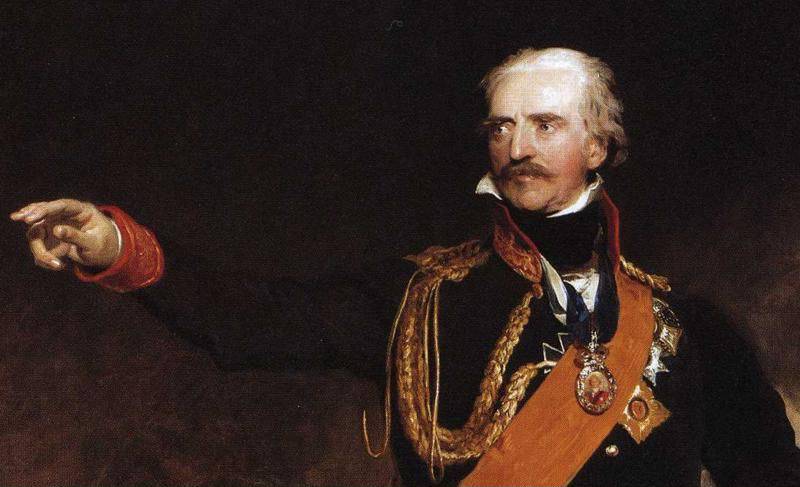
They, each in their own way, regularly annoyed Napoleon, Wellington - from Spain, Blucher - wherever he could, having managed not only to lose, but even to win several battles with the emperor. And so it was until they had to fight together already - on the Waterloo field. And if Napoleon had success there, his last winners could actually be the same Austrian Schwarzenberg or one of the Russian generals.
Old hussar and young colonizer
When the 46-year-old Blucher became a colonel of the "black hussars" and after that he fought with the French almost without interruptions, Arthur Wellesley celebrated his 20th anniversary. He noted that he was elected to the House of Commons of Ireland from the town of Trim. Wellesley’s military career was not bad, he had already become a lieutenant, but was looking for a more lucrative civil service. Napoleon at that time was mainly busy with his studies and family affairs, regularly visiting Corsica.
However, Wellesley did not give up military service, taking long-term leave, and two years later, when he received the rank of captain, he resumed his career in the 58th Infantry Regiment. Then he, a good rider, retrained as a dragoon, unsuccessfully married to a certain Kitty Pekingham with a good dowry, but received a tough refusal. In desperation, Arthur, fond of playing the violin, burned all his instruments and decided to focus on military service.
By the time that Wellesley began, according to the practice in the British army, to buy one officer rank after another, Blucher was already entitled to count on becoming a general simply by his seniority. However, he received it only when he again had to fight with the French and defeat General Michaud on the Rhine near Kirrweiler. In anticipation of the next increase, Blucher first received independent command - at the head of the observational corps on the border with France.
Until 1801, the already quite old Prussian was no different in battle, although military campaigns were the most suitable for that. However, speaking about the age of Blucher, one should not forget that the Prussian army was still ruled by the Friedrich generals, many of whom were under 80. In 1801, Blucher was awarded the rank of lieutenant general, who by definition assumed a very good pension, but a restless hussar I was not going to rest.
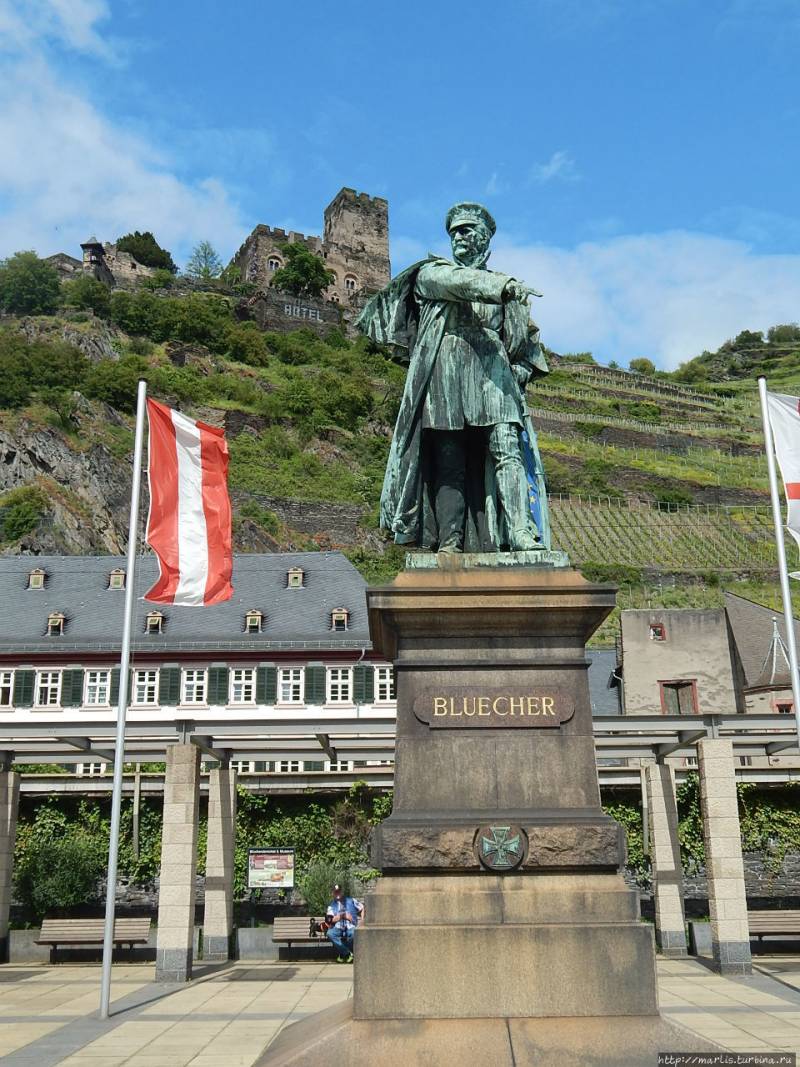
One of Blucher's monuments was erected on the Rhine, not far from the crossing point on New Year's Eve 1814
His future English ally by that time for almost five years, although with interruptions, was found in India. Lt. Col. Wellesley went there in 1796 when the promising revolutionary General Bonaparte marched victoriously at the head of his half-starved Italian army through the mountains and valleys of Piedmont and Lombardy.
Arthur's older brother Roger made an unexpectedly brilliant career, becoming the Governor-General of India, and then again invited the already smelling gunpowder Colonel, who had distinguished himself not only in India, but also earlier, in the Dutch campaign of 1793-1795. The future duke himself greatly appreciated that experience, noting that the time spent in the Netherlands "at least taught me what should not be done and this valuable lesson was remembered forever."
In the battles against the troops of the Principality of Mysore where Tipu-Sultan ruled, Wellesley acquired not only combat skills, but also in rear work, which were very useful to him later, including near Waterloo. During the siege of Seringapatama, the Colonel failed a night attack, which was supposed to clear the way for heavy guns, in which not only lost 25 people, but was also slightly wounded in the knee. In the morning, the British could advance again, but their commander decided "to never attack the enemy, who prepared for the defense and took a convenient position, not verified by reconnaissance in the light of day."
It cannot be ruled out that a successful military career came as a surprise to Arthur Wellesley, although the duke Wellington himself did not later deny the fact that he was greatly helped by the patronage of his older brother. In addition to purely military duties, the English aristocrat who received the rank of general did an excellent job with the duties of the governor of Mysore, one of the largest provinces in India.
The real British colonialist in those days was to fight almost constantly. The most impressive victory of General Wellesley was the battle of Asai, in which, with a detachment of five thousand, he smashed to pieces the 50th army of the Marathas. Just like Bonaparte at Mount Tabor, but Bonaparte always had guns - either a lot, or better quality than the enemy. And Wellesley had only 17 guns against a hundred at the Sultan.
Not only in the fields of Eaton, as the authors of some Wellington biographies write, but also in the Indian campaigns the character of the future “Iron Duke” was formed. By the way, do not forget that there were no playing fields in Eaton when Arthur Wellesley studied there. And he, who once burned his violins, acquired the legendary tremendous endurance, obviously, in India. Adding to it, in general, common sense for the English nobleman, decisiveness, combined with punctuality, attention to detail and reasonable caution, we get that cold cocktail, which can safely be called "Duke of Wellington."
Marshal Forward and the Iron Duke
Ice and fire, as you know, often turn out to be near, because fate eventually brought Wellington and Blucher in the end. Blucher was sometimes hot not at the best, but he, like Wellington, knew how to squeeze everything out of his soldiers, albeit with completely different means. Obviously, it was not in vain that life led him through a check by such an ally as the Austrian prince Schwarzenberg, with his not icy, but rather, some kind of cotton temperament.
The first serious test "for Bonaparte" for Blucher was the campaign of 1806, in which he joined the rank of lieutenant general under the leadership of General York. They managed to take their regiments, broken by Marshal Daw at Auerstedt, to Lübeck, but there they nevertheless had to surrender. In the captivity of the French, Blucher's bitterness against Napoleon, whom he considered not so much the continuation of the revolution, violating all monarchical foundations, but simply as an invader, grew unlimitedly.
Most likely, General Wellesley also did not have warm feelings for the French emperor, who also settled in the Iberian Peninsula in a businesslike way, where the English themselves had almost been masters since ancient times. The British army, which supported the Spanish Bourbons, whom Napoleon simply arrested, and the Portuguese Braganza, who soon fled to Brazil, needed a worthy leader.
Arthur Wellesley left India when his brother Richard expired as governor-general. Interestingly, the brothers stopped on the island of St. Helena on the way to Misty Albion and lived in the same house of Longwood House, which was subsequently rebuilt so that Napoleon spent his last years there. Wellington was one of those who, after a victorious return from India, insisted on the need to fight Napoleon precisely in the Pyrenees, leaving the rest of Europe to its kings and emperors.
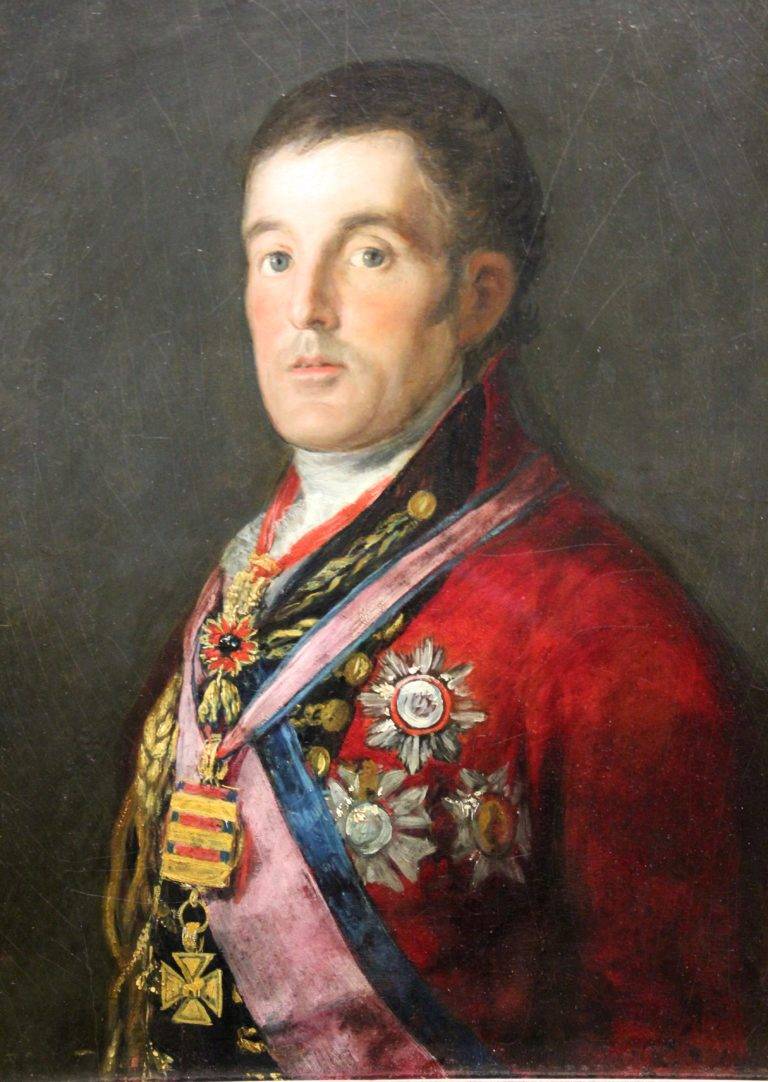
One of the not-so-famous portraits of Wellington by the great Goya. Agree, he has some other
Since 1809, Wellington has been conducting ongoing operations against French marshals in Spain and Portugal. He did not have time to catch Napoleon’s campaign to Madrid, which probably saved him from defeat. Wellington drove the French out of the Spanish capital in the same unsuccessful year for Napoleon in 1812, and a year later, having finally cleared the Iberian Peninsula, he became field marshal.
Many of the French soldiers and officers who fought with the British for several campaigns in the Pyrenees, already in June 1815 will again go to battle against the "red uniforms." At Katr Bra and near Waterloo. And General Blucher, returning from captivity after the Tilsit Peace, was appointed to the post of Governor General of Pomerania. Napoleon wisely did not give up this huge Prussian province of Sweden, where his former marshal and distant relative Bernadotte soon became the sovereign master, later King Karl Johan XIV, the founder of the current ruling dynasty.
Only a year later, Blucher received the rank of general from the cavalry and ... did not receive any appointment in the Russian campaign of 1812. This happened only because the old hussar did not hide his hatred of Napoleon, whom King Frederick William III openly feared, which is why he preferred to send Blucher to resign. The Prussian corps in the Russian campaign was commanded by the very York von Wartenburg, with whom Blucher in 1806 retreated from under Auerstedt. General York ultimately became the winner of the lost campaign of 1812, concluding the Taurogen Convention with the Russian general Dibich.
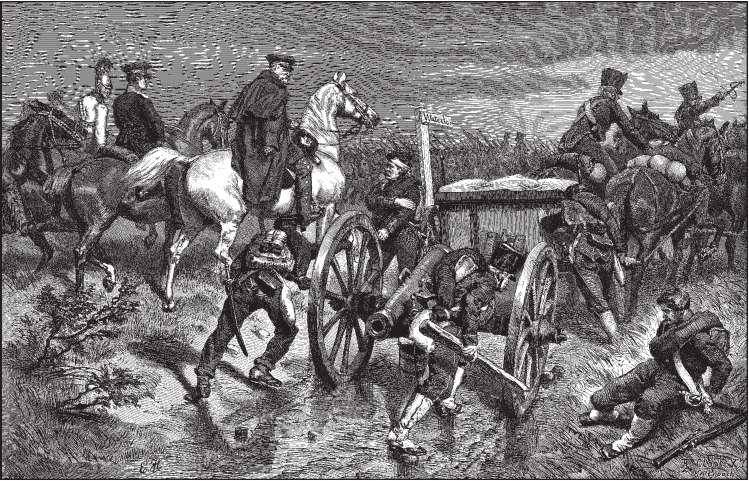
Blucher leads his army from Linyi to Waterloo
York actually pulled Prussia from the influence of Napoleonic France, and Blucher, who immediately returned to the army, became one of the heroes of the campaigns of 1813 and 1814, in which he commanded the Silesian Army. He participated in all the battles in which he could, and there is some special logic stories that Blucher was able to bring his soldiers to the Waterloo field, who called him Feldmarschall Vorwärts! (Field Marshal or Marshal Forward!).
But the appearance of the English army on the fields of Flanders, besides under the command of Wellington, is not easy to call logical. It is clear that when Napoleon returned from the island of Elba to Paris in the spring of 1815, English troops were no longer needed in Spain. But Field Marshal Wellesley himself received his ducal title for peace, concluded in Toulouse following the results of the Spanish campaigns after the first abdication of Napoleon. Prior to this, he refused to march on Paris at the head of an army half consisting of Spaniards and Portuguese, whom he simply dismissed for fear of robbery and plunder on French soil.
By the way, the famous nickname Iron Duke (Iron Duke), which was assigned even to several ships of the British Grand-fleet, is not associated with specific events. It stuck to Wellington much later than Waterloo because of his rare political stubbornness, including as prime minister.
Wellington arrived directly from the Vienna Congress in Flanders, more precisely, in Brabant near Brussels, to the Anglo-Dutch army. There, by the way, he quite emotionally defended the right of the French to decide for themselves whether they needed the Bourbons or someone else. And the troops of the combined army, in which the British, Welsh and Scots were only a little more than the Dutch, were very prudently stationed on the French border.
As a result, the British and Prussians took the first blow of the revived Napoleonic army. Near Waterloo, it was Wellington’s unprecedented endurance and the stamina of his soldiers, combined with the equally unprecedented impulse of Blucher’s army that ultimately overthrew France the Emperor Napoleon Bonaparte.
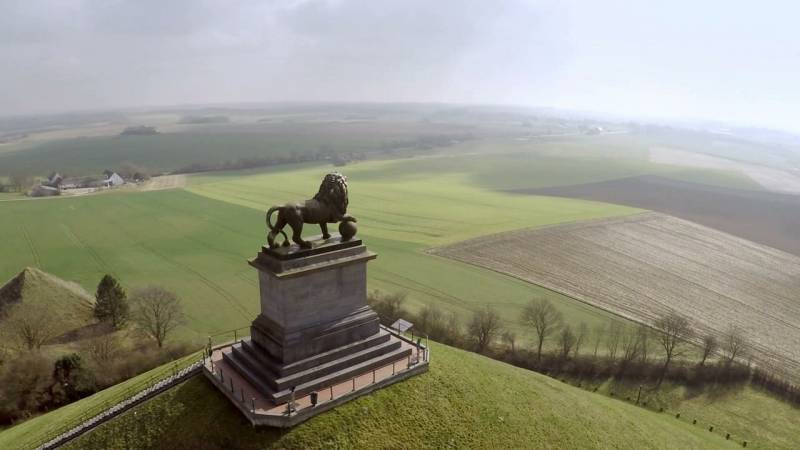
Today, over the field of the famous battle is a lion, installed in honor of the son of the King of the Netherlands, wounded in battle
How different were these two winners of Napoleon, one can judge by this fact. Blucher literally demanded to shoot Napoleon, which Wellington immediately opposed. He did consider softness towards France a guarantee of a future peace, returned border fortresses to her, and imposed a British veto on a multi-million dollar indemnity.
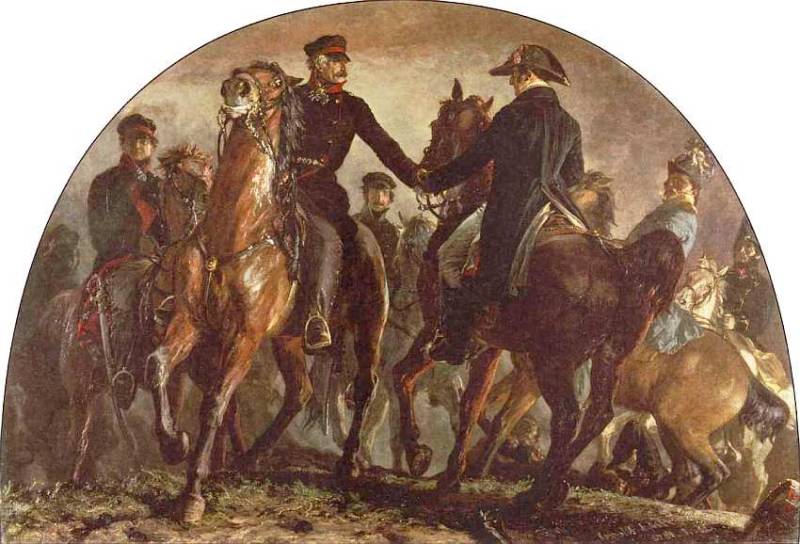
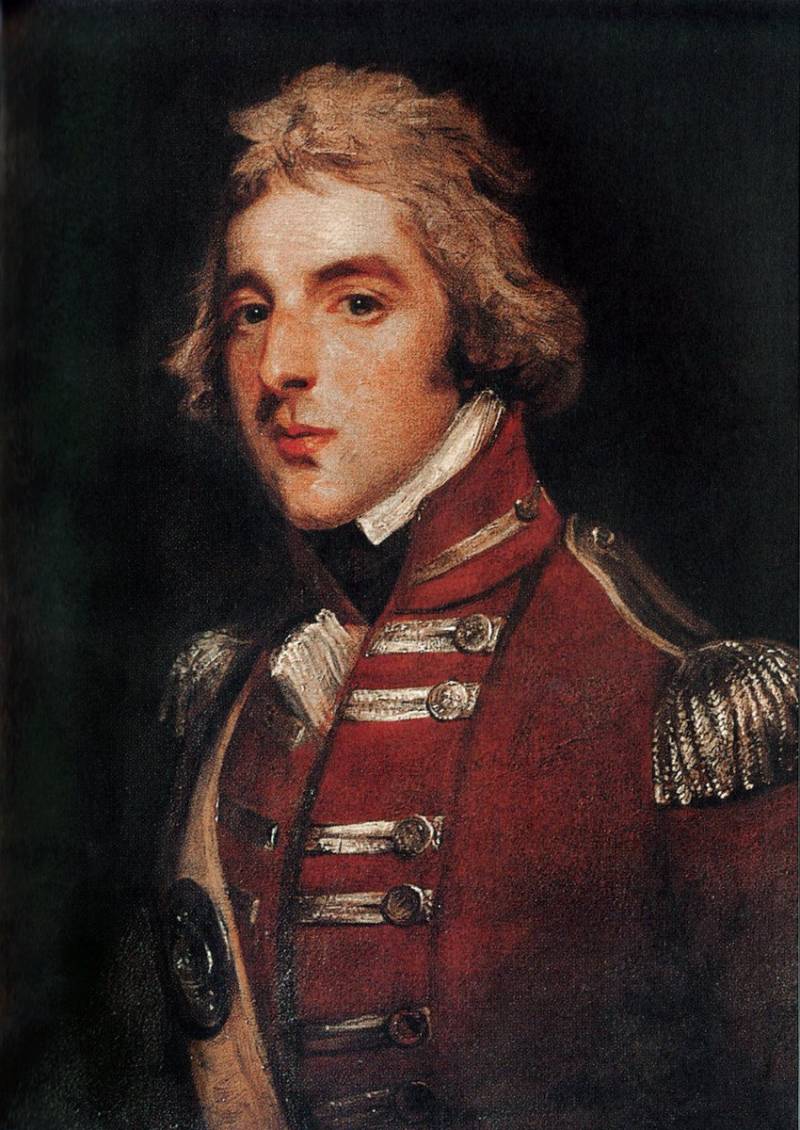
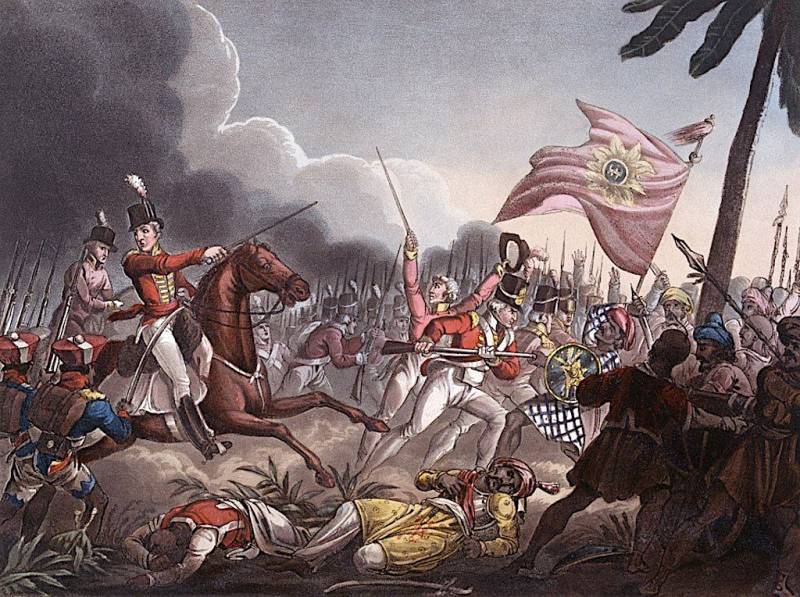
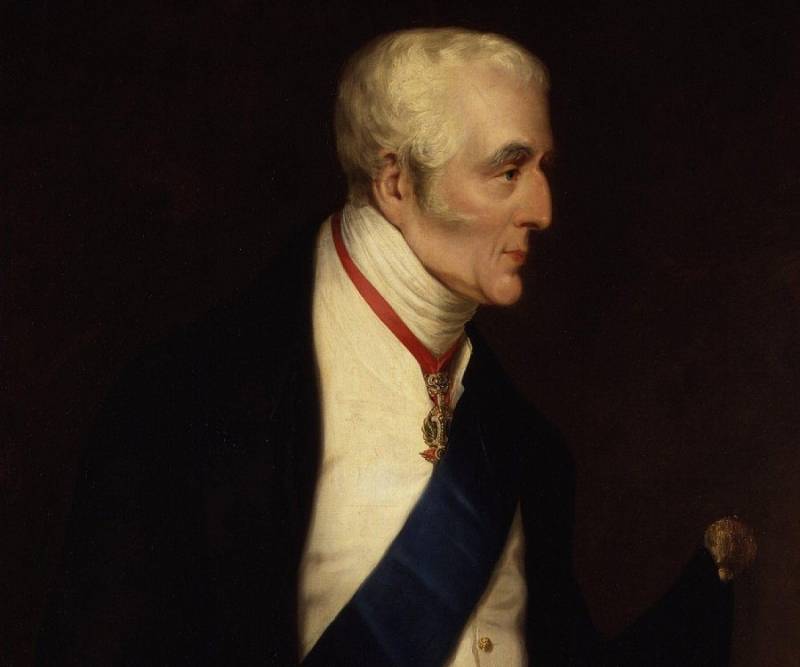
Information